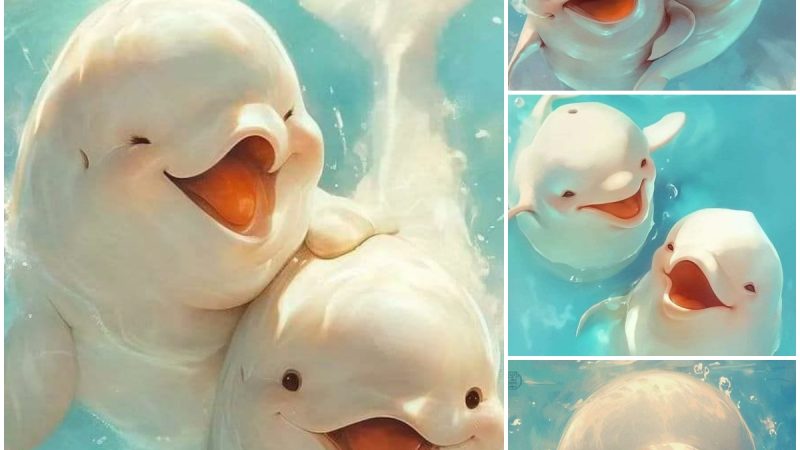Sharks Swim into the Future: Warming Oceans Drive Lateralization and Behavioral Changes
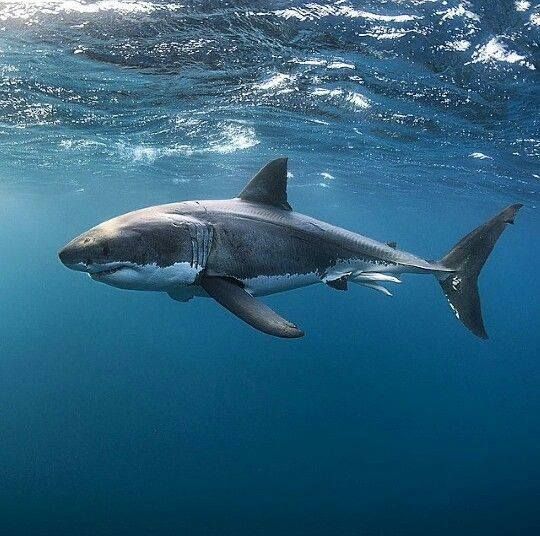
As the Earth’s climate continues to change, its effects are reaching far beyond melting ice caps and rising temperatures. Recent research conducted by Australian scientists has unveiled a startling discovery about the impact of warming oceans on shark behavior. The study reveals that sharks are adapting to the changing environment by exhibiting a phenomenon known as lateralization and undergoing significant behavioral changes.

To investigate the potential effects of rising ocean temperatures on sharks, the researchers incubated shark eggs in specially designed tanks that simulated the projected temperature changes expected by the end of the century. Astonishingly, they found that half of the incubated sharks died within a month. However, those that survived displayed a remarkable transformation—they became “right-handed,” exhibiting a preference for swimming to the right, a process referred to as lateralization.

To determine if lateralization had indeed occurred, the researchers designed an experiment using a Y-shaped tank. At the end of one arm of the Y, a food reward awaited the sharks, while they had to decide whether to swim to the right or left side of the Y to reach their snack. The results were striking. Sharks incubated at elevated temperatures showed a stronger inclination towards swimming to the right, in stark contrast to sharks reared at the current temperature. This demonstrated that the lateralization observed in the sharks was directly influenced by the increased temperatures they experienced during incubation.
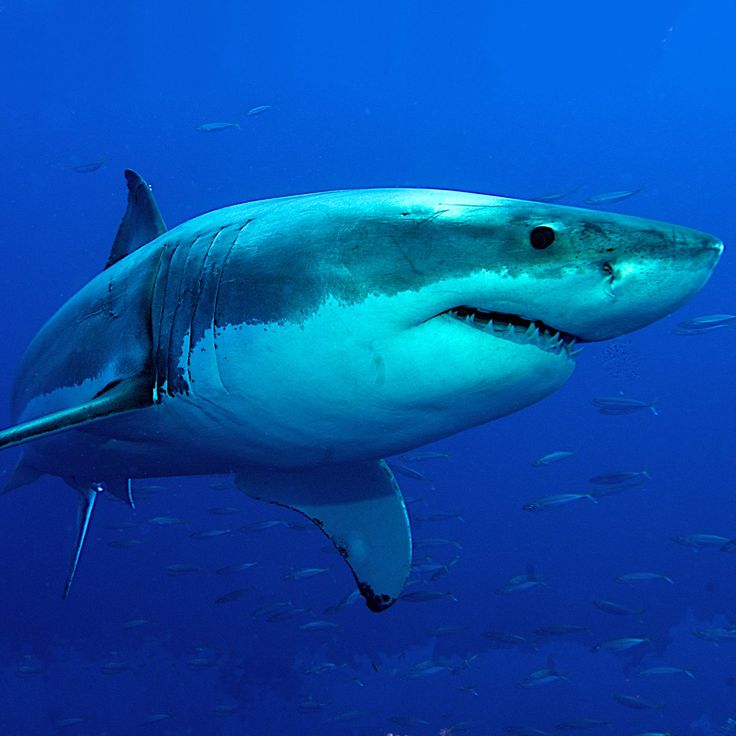
The findings of this study have significant implications for our understanding of the impact of climate change on marine life. The researchers suggest that the rapid warming of the world’s oceans due to climate change may have a more substantial and accelerated effect on the brains and behaviors of marine animals than previously thought. Behavioral lateralization, which is an expression of brain functional asymmetries, is closely linked to brain development and function. Therefore, changes in lateralization patterns indicate potential impacts on the brain’s development and overall functionality.
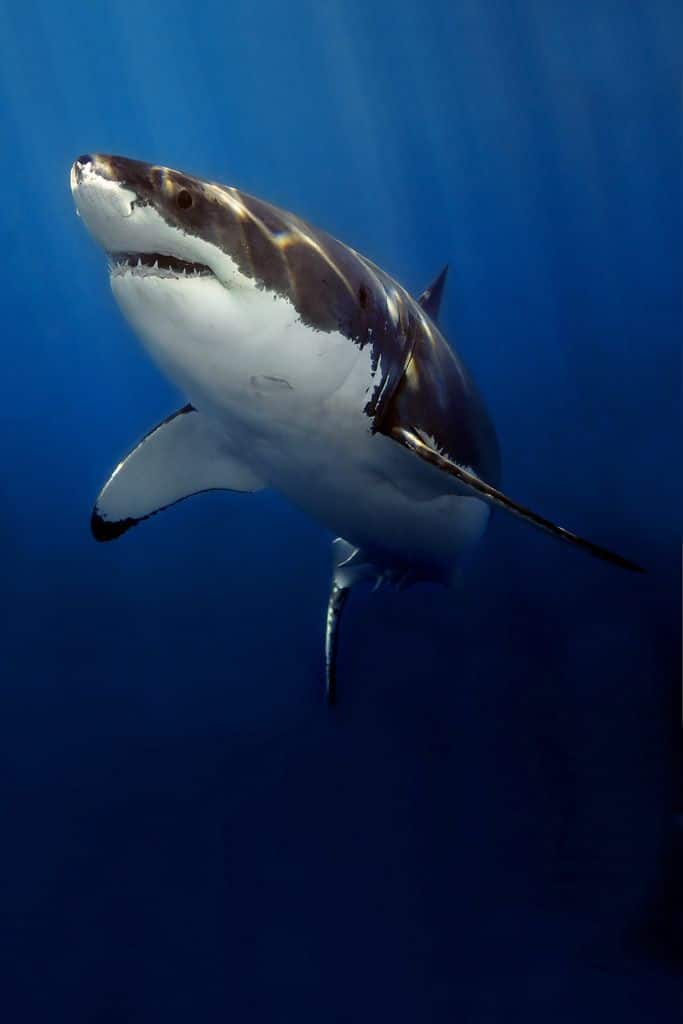
It is crucial to recognize that climate change is warming our oceans at an unprecedented rate. This not only threatens the delicate balance of marine ecosystems but also poses a direct risk to the survival of numerous species, including sharks. The study highlights the vulnerability of sharks to these changes and raises concerns about the long-term consequences for their populations.
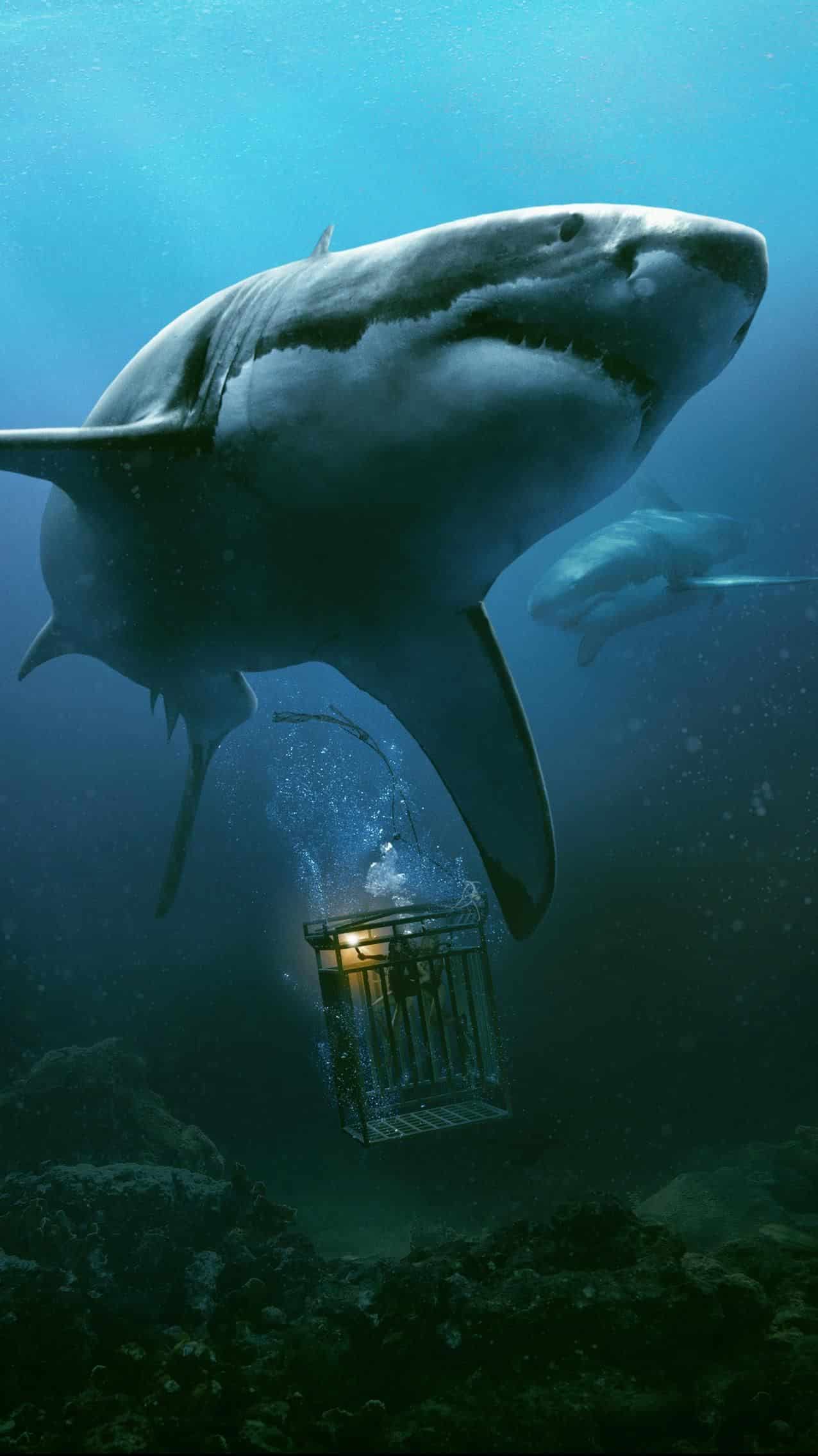
Protecting marine biodiversity and addressing climate change are paramount in preserving the fragile ecosystems that support the survival of these magnificent creatures. Continued research and conservation efforts are vital in understanding and mitigating the impact of warming oceans on marine life. By taking proactive steps to reduce greenhouse gas emissions and implement sustainable practices, we can strive to safeguard the future of our oceans and the incredible species that inhabit them.
The remarkable adaptability of sharks in response to changing environmental conditions serves as a reminder of the resilience and intricacies of the natural world. As we navigate the challenges posed by climate change, let us draw inspiration from the remarkable ability of these creatures to adapt and evolve, and work collectively to protect and preserve the ocean ecosystems they call home.
